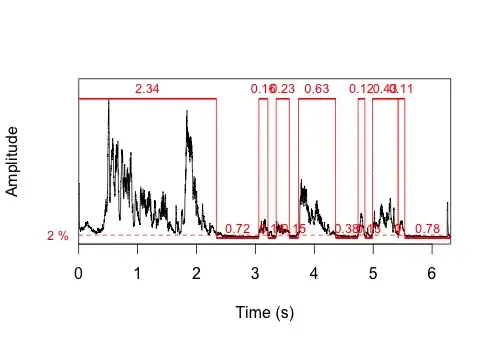I'm reading Probability and Statistics by DeGroot and Schervish, and in it it said that the expectation of a random variable exists if at least one of the integrals over all negative/positive values of random variable is finite:
But then, later in the book, when they talk about moments, they say that for k-th moment to exist, the expectation of the absolute value of the random variable to the power k should be finite, and that is the same as saying that for the expectation to exist, it should be finite. This contradicts what was said before, about expectations.
So, is it like, when we talk about expectations, they can be infinite, but when we talk about moments (which is the same thing), expectations can not be infinite? Please help, this is really confusing.

